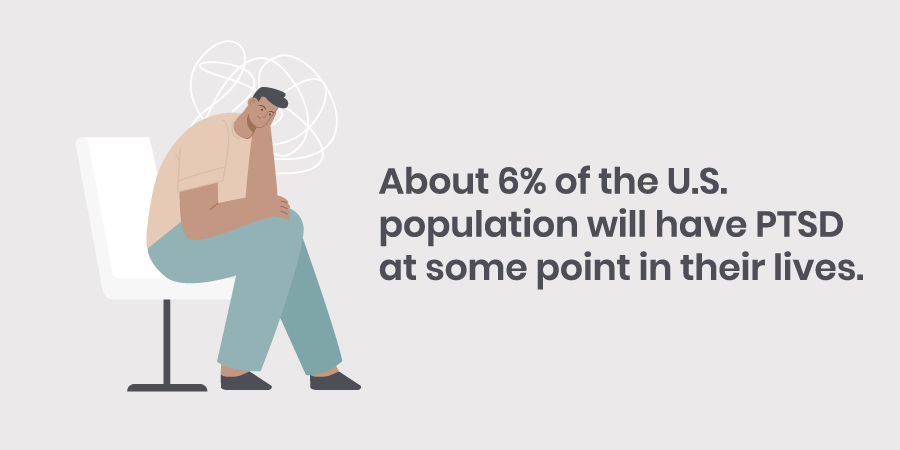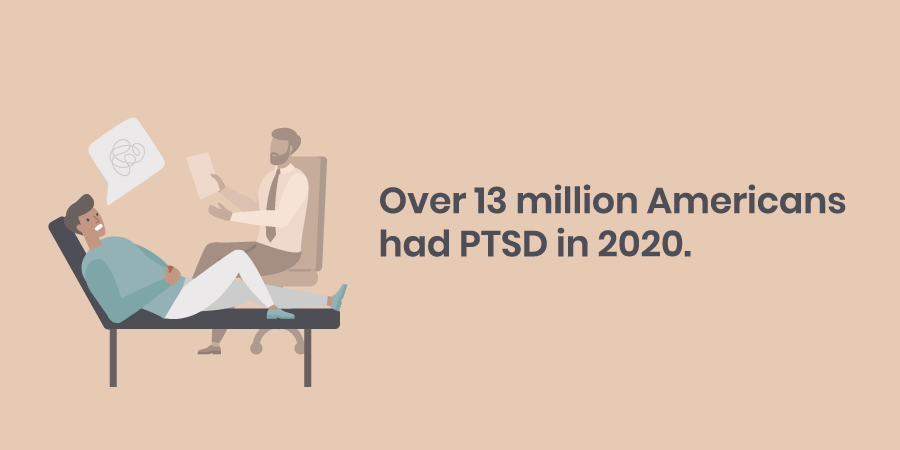We Are Here To Help
There’s Always Another Option. ♡
- © Copyright 2025 Alternative Options Counseling Center, Inc | Site Map
Home - Trauma & PTSD - Trauma Treatment Center
Trauma is a disturbing experience that overwhelms an individual’s coping ability. Experiencing trauma can be overwhelming. It can have long-lasting effects on an individual’s mental and emotional well-being. Studies show that 7% of people experience trauma once in their life. Thus, choosing an effective trauma treatment center is important for healing and recovery.1

Let us guide you through your options and treatment opportunities. Contact Alternative Options today.
These experiences can be direct or witnessed and may occur at any point in a person’s life, from childhood to adulthood. Trauma can also result from chronic stress, such as living in poverty, experiencing discrimination or oppression, or dealing with ongoing health issues.
Physical impacts may include:
Emotional impacts may include:
Social impacts may include:
These impacts can be long-lasting and may impact an individual’s ability to function in their daily lives. Seeking appropriate treatment helps individuals manage these impacts and improve their well-being.
Trauma-informed care is an approach to health care that recognizes the impact of trauma on an individual’s well-being. This includes physical, emotional, and psychological health. It is based on the understanding that people who have experienced trauma may require specialized care.
The motives for trauma care include the following:
Trauma-informed care can be applied in various healthcare settings, including:

Studies have shown that trauma-focused interventions result in the following:

One way trauma-informed care approaches can be beneficial is by providing a trauma-sensitive environment. This environment creates safety and trust for the trauma survivor. It also has strategies such as:
Trauma-informed care includes empowering the trauma survivor. Trauma therapists recognize the trauma’s effects on each client’s life and provide resources to help them build resilience. This can include:
A trauma treatment center may provide a variety of treatments, including:

Trauma treatment centers provide trauma survivors access to various professionals. These professionals specialize in trauma-informed care. They can include:
Group therapy can provide trauma survivors with support and connection. These are often essential in trauma recovery.
Trauma treatment centers understand that trauma affects the whole person. So, they encourage healing through multiple approaches. This means considering the individual’s unique values when engaging in trauma-informed care.
A holistic approach to trauma treatment addresses all aspects of the individual’s life. It involves therapeutic methods focusing on emotional, physical, social, psychological, and spiritual wellness. This allows trauma survivors to better understand their trauma and learn how to manage it more effectively.
Psychotherapy, or talk therapy, involves talking with a qualified mental health professional about trauma-related issues. Here, you gain insight, support, and understanding.
This type of therapy is often used in a trauma treatment center because it helps trauma survivors learn the following:
CBT is a type of psychotherapy that focuses on helping trauma survivors identify and change negative thought patterns. It helps them see the behaviors and beliefs that can interfere with the trauma recovery process.
The theory behind EMDR is that bilateral stimulation helps the brain process the traumatic memory more adaptively, allowing the patient to integrate the experience into their life in a healthier way. This can result in a decrease in the intensity of symptoms associated with the traumatic event, such as anxiety, depression, and flashbacks.
Somatic experiencing focuses on developing an awareness of the body’s reactions to trauma. This type of trauma treatment uses techniques to help survivors recognize physical responses to trauma triggers and how to manage them effectively.
DBT is a form of psychotherapy that helps trauma survivors develop healthier behaviors and emotions. This trauma treatment helps survivors with the following:
Art therapy uses art for trauma survivors to express themselves. They creatively and safely explore their trauma-related thoughts and feelings.
Review the trauma treatment center’s programs and services. This is to ensure they meet your needs. Many trauma centers offer evidence-based therapies, such as cognitive behavioral therapy (CBT), and holistic care, such as trauma-sensitive yoga and mindfulness practices.
Ensure the trauma treatment center employs a professional staff. This staff should be licensed, experienced in treating trauma survivors, and practice ethical standards. Ensure they provide clients with a warm, supportive atmosphere.

Alternative Options is a counseling center in Los Angeles and Orange County that offers trauma-informed services to individuals with mental health, substance abuse, and eating disorders. Our team of qualified and compassionate professionals is committed to providing intentional, focused, and effective care.
At Alternative options, we offer a range of programs, including:
The healing technique would depend on the individual’s needs and the treatment plan. Some commonly recommended healing techniques we offer for individuals dealing with trauma include:
Alternative Options provides evidence-based services to help clients heal from trauma. Our programs also include therapeutic methods for trauma-related concerns, such as anxiety, depression, and substance abuse.
We are here to provide a safe, supportive, and non-judgmental environment for clients to work through their challenges and develop new coping skills. Contact us today to learn more about our programs and how we can help you or your loved one live a healthy and positive life.
Serving Los Angeles and Orange County Areas
We Are Here To Help